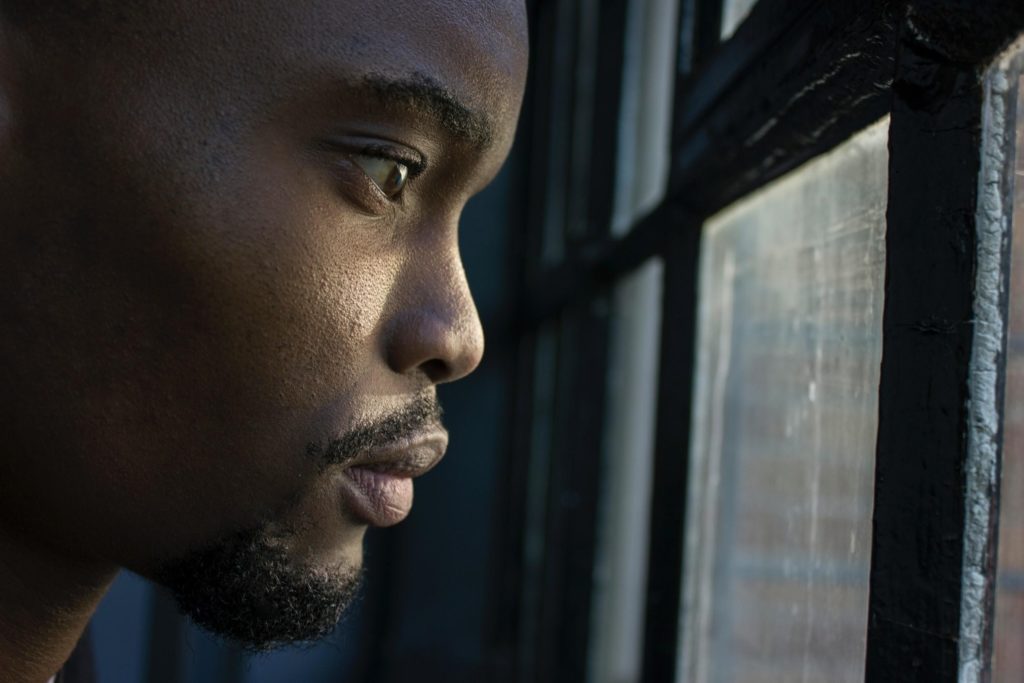
Bipolar Disorder
Bipolar disorder is a condition where people experience extreme mood swings that interfere with everyday life. It was previously known as ‘manic depression’. The mood swings can range from extreme highs (mania) to extreme lows (depression). Episodes of mania and depression can often last for weeks or even months.
People with bipolar disorder experience periods of:
- extreme lows, or depression – where they feel very low and lethargic
- extreme highs, or mania – where they feel very high and overactive
There are also people who experience ‘mixed episodes’ where they can feel some signs and symptoms of both depression and mania. The symptoms of bipolar disorder depend on which mood the person is experiencing.
Depression
The depression phase of bipolar disorder is often diagnosed first. You may initially be diagnosed with clinical depression before having a manic episode later, after which you may be diagnosed with bipolar disorder.
During a period of depression, your symptoms may include:
- feeling sad and hopelessness
- lacking energy
- difficulty concentrating and remembering things
- loss of interest in everyday activities
- feelings of worthlessness or emptiness
- feelings of guilt and despair
- feeling pessimistic about everything
- self-doubt
- being delusional, having hallucinations and disturbed or illogical thinking
- lack of appetite
- difficulty sleeping
- waking up early
- suicidal thoughts
- weight loss or gain
- difficulty doing small tasks or deciding
Mania
During a manic phase of bipolar disorder, you may feel thrilled and have lots of ambitious plans and ideas. You may spend large amounts of money on things that you cannot afford and would not normally want. Not feeling enjoy eating or sleeping, talking quickly and becoming annoyed easily are also common characteristics of the manic phase of bipolar disorder.
The manic phase of bipolar disorder may include:
- increased energy
- feeling thrilled, elated or overjoyed
- talking quickly
- racing thoughts
- feeling full of energy
- feeling self-important
- feeling full of great new ideas and having important plans
- working towards a goal, such as staying up all night to get something finished
- being easily distracted
- being easily irritated or agitated
- being delusional, having hallucinations and disturbed or illogical thinking
- not feeling enjoy sleeping
- not eating
- increased sex drive
- doing things that often have disastrous consequences, such as spending large sums of money on expensive and sometimes unaffordable items
- deciding or saying things are out of character and that others see as being risky or harmful

If you have bipolar disorder, you may have episodes of depression more regularly than you have episodes of mania. Or you may have mania more often than depression.
Between episodes of depression and mania, you may sometimes have periods of ‘normal’ mood. However, some people with bipolar disorder can repeatedly swing from a high to low phase quickly without having a ‘normal’ period in between. We know this as ‘rapid cycling’. Others may experience symptoms of both mania and depression at the same time.
If you are feeling suicidal or having severe depressive symptoms, contact your doctor, or the local mental health emergency services as soon as possible.
